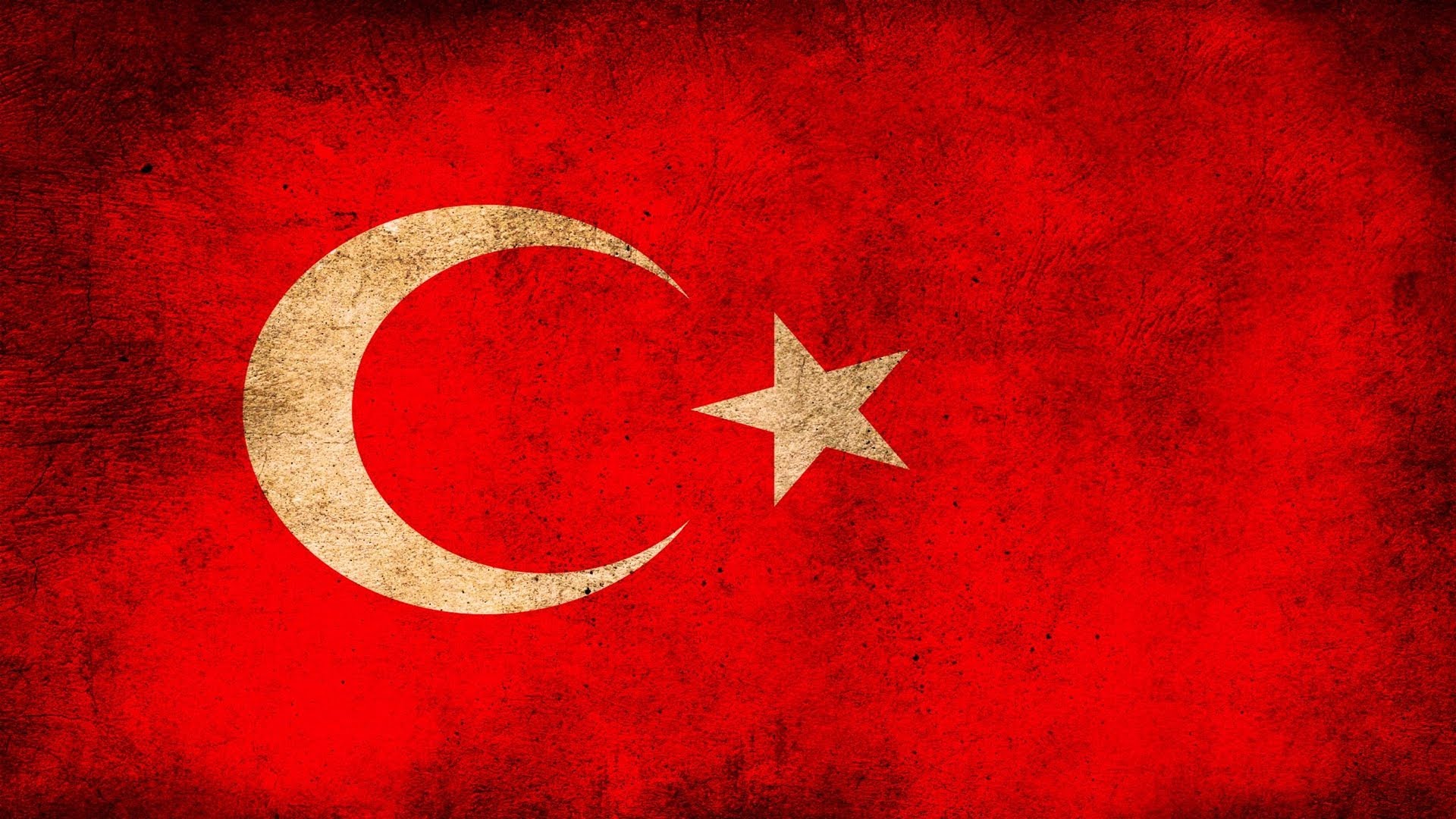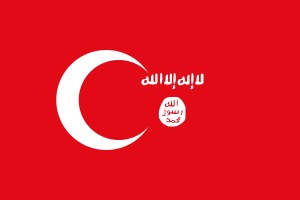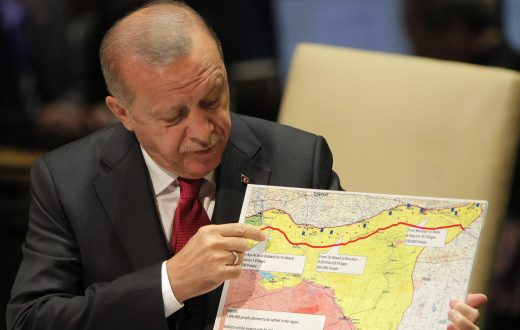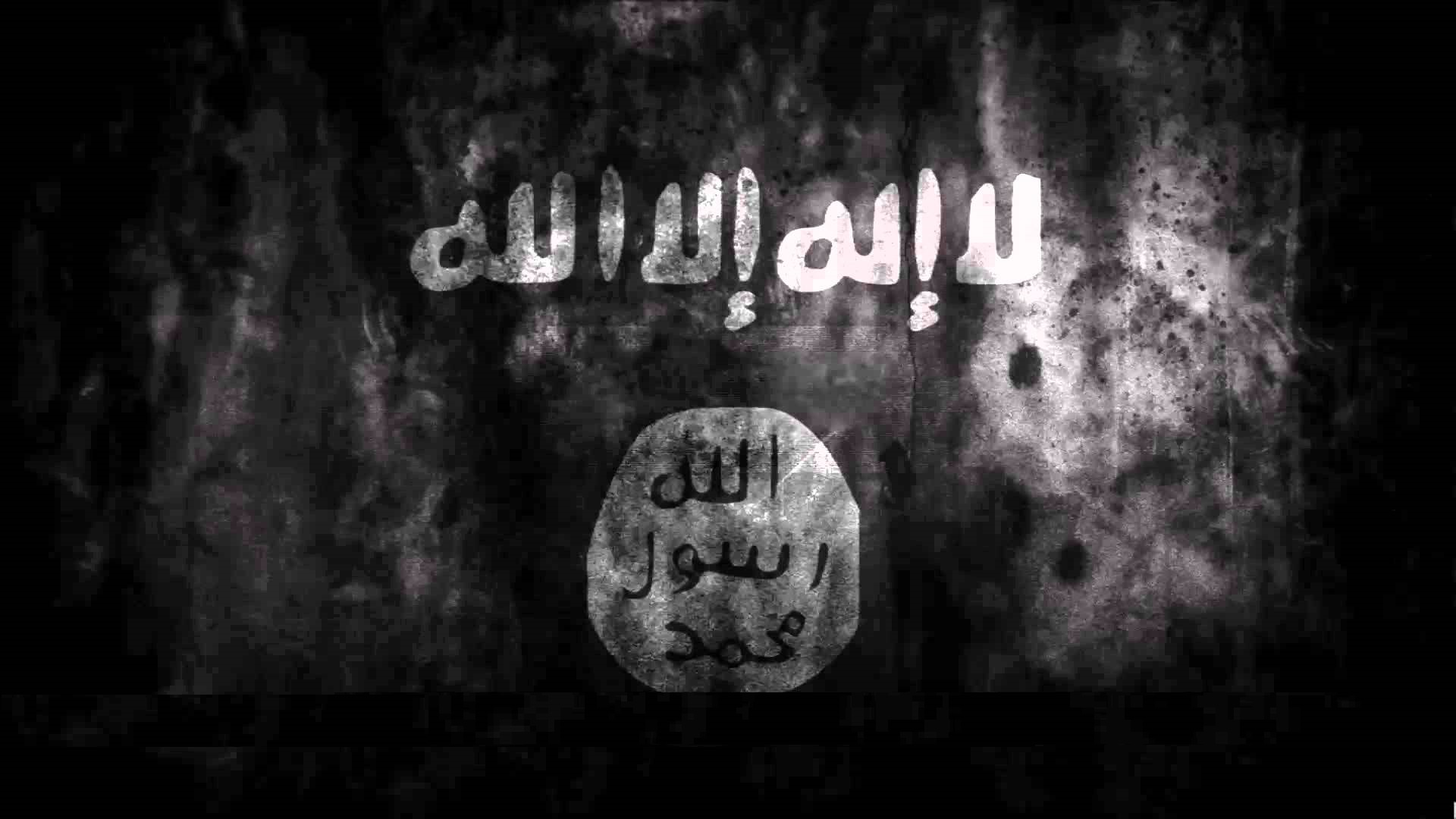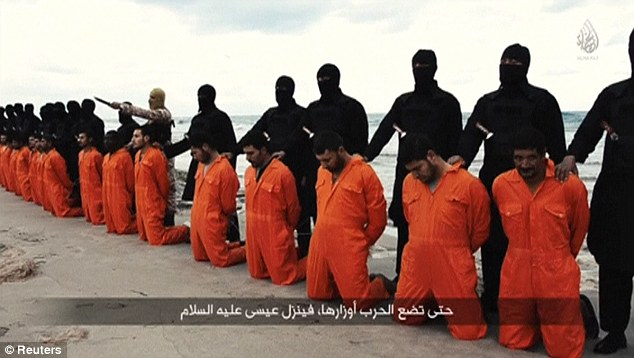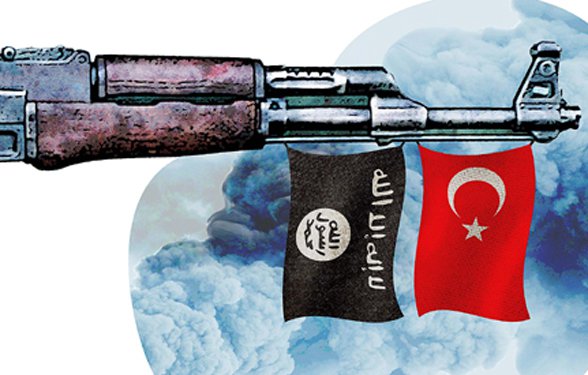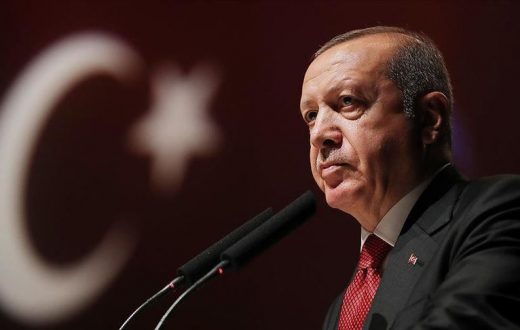As of last week the media highlights have pointed out the experiencing of a set of moves taken by the Turkish government which have symbolized a shift in its approach towards the Islamic State of Iraq and Syria. It’s a clear sign of Turkey’s change of approach toward ISIS.
As argued, up until present Erdogan’s government had maintained a sort of “secret agreement” with the Islamic forces, in which it is informally held that Ankara has no interest whatsoever in attacking the Islamic State and thus, it is widely expected that it won’t join the Western air striking operations against ISIS targets. Part of the reason for this is the Kurdish factor, who both Turkey and Al-Baghdadi try to fight constantly. In exchange, Turkey has ensured that ISIS or any other affiliated Islamic movement would stay within its own borders and would never cross the Syrian border into the Turkish state. Such an unwritten, although over-understood, agreement has served as a way to contain ISIS activities in the region and keep the Turkish people away and safe, while at the same time “ignoring” the global fight against Islamization.
However, lately Turkey has apparently changed its opinion on this symbiotic unofficial relation. It seems like Erdogan has understood that ISIS constitutes a bigger and more real threat than he had thought before—not only a worldwide threat, but now also a threat in Turkey’s shores. As such, he has decided to “break” the agreement with the Islamists, and has consequently met with the American President Barak Obama in an attempt to express his interest to join the International efforts against ISIS, and to take active part in the ongoing air strikes. Indeed, it has already been cleared to publication that Turkey has carried out its first air strike on ISIS targets. Such a step has been taken after reaching certain committing agreements with the U.S.
The new path of action taken by Turkey has been initiated by a number of events which have been taking place throughout the last month, including a Turkish military build-up at the Syrian border, an intensification of anti-Islamic State security operations in the country, a recent visit of a high-level U.S. delegation to Ankara, and the opening of Turkish air bases to U.S-led coalition war planes.
In return, ISIS has quickly understood that a new enemy has been added to their list. Consequently the 20th July 2015, they carried a suicide attack in Suruc, a Turkish city near the Syrian border. Additionally, a Turkish soldier was taken into ISIS hands in the first week of September. Although this isn´t the first time over the past years that incidents of the sort have affected Turkish nationals, it looks like now the time has come for a declared war between ISIS and Turkey.
While trying to analyze the reasoning for the change of policy, there is one crucial factor that comes first to mind: the ongoing changes in the government composition in Turkey. Currently elections are taking place in the country. The results of which have shown a shift in the coalition making process, in which a new group has made its path and has taken a significant place in such coalition. This is the Kurds’ party, which will apparently be able to exert some influence in decision-making in the country. How is this related to ISIS? ISIS has been oppressing Kurds in Syria and in other nearby regions. Thus, the enmity between the two is a long-declared one. Possibly this is the Kurds’ main influence into the government decision at the moment.
Certainly many other elements are to be taken into account in the assessment of the facts, however, because the debate is open, it is rather relevant to pose the following question: is Turkey’s involvement in the fight against ISIS a consequence of security-seeking and search for threat deterrence, or is it a product of the political game in which the elections-period becomes crucial? Probably both answers are to be included in the equation.
Editor’s Note : Dana Chocron is a promising Middle East Analyst. She is a Specialist of Turkey and Israel. She is an active participants of Israeli-Palestinians think thanks that promote innovative economic and cultural solutions to resolve the conflict. She is currently serving as a Foreign Policy Advisor for a Middle Eastern State.

